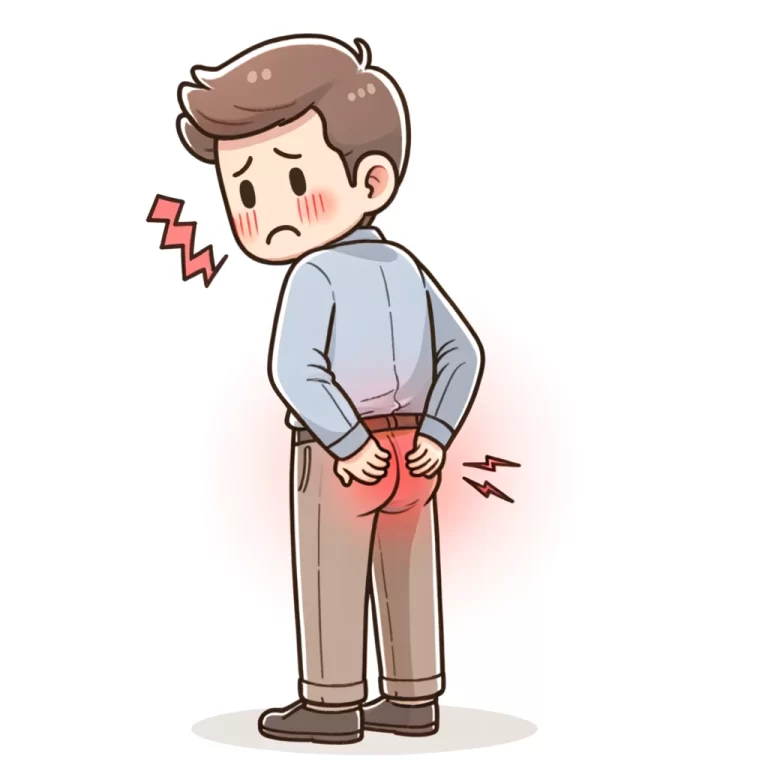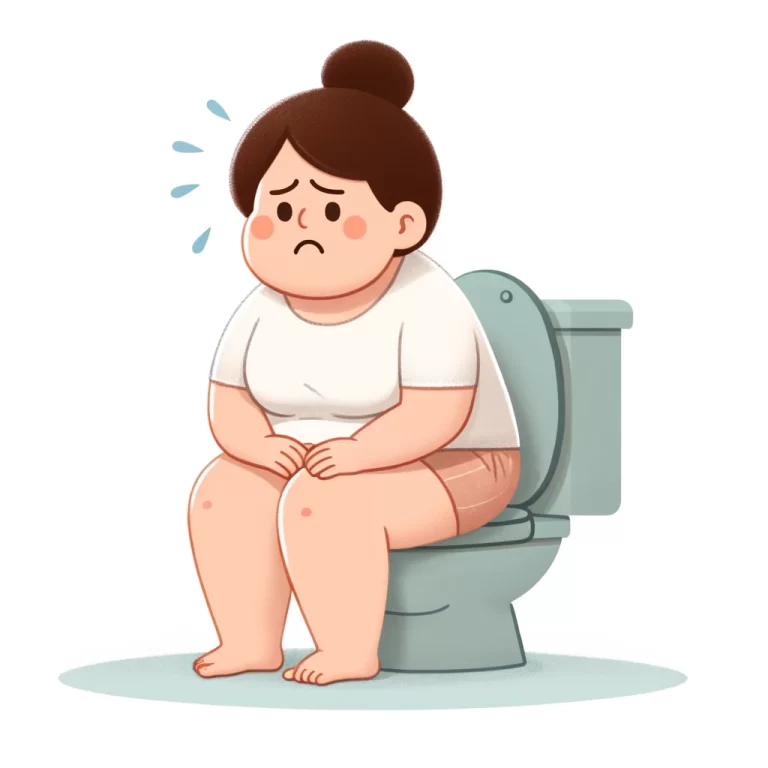Rectal Issues After Childbirth: A Comprehensive Guide

Introduction
Childbirth can bring about various rectal issues, often overlooked in postpartum care. This guide aims to shed light on these issues, providing an empathetic understanding and practical solutions.
Understanding Rectal Issues Post-Childbirth
The rectal issues women may experience after childbirth are complex and varied, often influenced by the physical and hormonal changes that occur during and after pregnancy.
- Bowel Incontinence: This can result from damage to the pelvic floor muscles or nerves during delivery. The severity can range from occasional minor leakage to more significant loss of control. It’s often linked to the type of childbirth, with a higher risk in vaginal deliveries involving interventions like forceps.
- Constipation and Gas: Hormonal fluctuations, along with the physical strain of childbirth, can disrupt normal bowel function, leading to constipation. This is compounded by the reduced physical activity typical in the postpartum period. The discomfort from gas can also be attributed to changes in diet and medication post-delivery.
- Hemorrhoids: The increased pressure on the pelvic blood vessels during pregnancy and the strain of childbirth often lead to the development of hemorrhoids. These swollen veins around the anus or lower rectum can cause pain, itching, and bleeding, particularly during bowel movements.
Understanding these issues is crucial for postpartum care and recovery. Treatment options and management strategies can vary based on the severity and specific nature of each condition.
Managing Symptoms
To effectively manage symptoms associated with rectal issues after childbirth, a combination of exercises, dietary adjustments, and medical consultations is crucial:
- Pelvic Floor Exercises: These exercises are vital for regaining muscle strength and control in the pelvic area, which can be weakened during childbirth. Consistently practicing pelvic floor exercises can significantly improve symptoms like incontinence and support overall pelvic health.
- Dietary Adjustments: A diet rich in fiber is essential for easing constipation, a common postpartum issue. Additionally, staying well-hydrated aids in maintaining regular bowel movements and overall digestive health.
- Medical Consultation: For symptoms that persist or are severe, it’s important to seek advice from a healthcare provider. They can offer tailored treatment options and guidance, ensuring any underlying conditions are appropriately addressed.
Traditional Products:
- Kegel Exercise Tools: These devices assist in pelvic floor strengthening exercises, which are crucial for recovering muscle tone and control after childbirth.
- High-Fiber Supplements: Beneficial in promoting regular bowel movements, easing constipation common in postpartum recovery.
- Sitz Baths: Warm, shallow baths that help soothe pain and discomfort in the perineal area, particularly effective for hemorrhoid relief.
Holistic Remedies:
- Herbal Teas: Such as ginger or peppermint tea, which can aid in digestion and alleviate gas.
- Witch Hazel: Applied topically, it offers natural relief from hemorrhoid discomfort and inflammation.
- Aloe Vera Gel: Known for its soothing properties, can be gently applied to affected areas to ease irritation.
- Pelvic Floor Yoga: Specific yoga poses designed to strengthen the pelvic floor muscles and promote healing.
Combining these traditional and holistic approaches can provide a comprehensive postpartum care routine to effectively address rectal issues after childbirth.
Connect, Share, and Thrive: Join Our 'Rectal Forum'
In our "Rectal Forum," no topic is too small or too unique – from the nitty-gritty of anal zits and mysterious red bum bumps to the intricacies of complex surgeries. It's a safe and understanding place to chat about all things rectal health. Whether you're seeking advice, sharing your own story, or curious about care options, our community embraces it all with open arms. Dive into engaging discussions, learn from shared experiences, and find the support you crave. Check out our 'Rectal Forum' to join in and feel connected. And remember, no rectal health topic is off-limits in our uncensored forum. Visit the 'Rectal Forum' to learn more and connect.
When to Seek Help
- Persistent Symptoms: If issues like incontinence or severe pain continue, seek medical advice.
- Emotional Impact: Address any emotional distress due to these issues with professional support.
Conclusion
In conclusion, addressing rectal issues after childbirth requires a multifaceted approach. Combining traditional medical products like Kegel exercise tools, high-fiber supplements, and sitz baths with holistic remedies such as herbal teas, witch hazel, aloe vera gel, and pelvic floor yoga can offer comprehensive relief. Understanding these issues and actively seeking solutions not only aids physical recovery but also supports emotional well-being during the postpartum period. Remember, consulting with healthcare professionals for personalized advice is always recommended for the best care.
Affiliate Disclosure: At www.rectalissues.com, we're part of the Amazon Services LLC Associates Program and several other affiliate programs. This means we may earn a commission from qualifying purchases made through our links. These partnerships help us continue delivering valuable advice and product recommendations. Any product we suggest is one we truly believe in. Thanks so much for your support.





